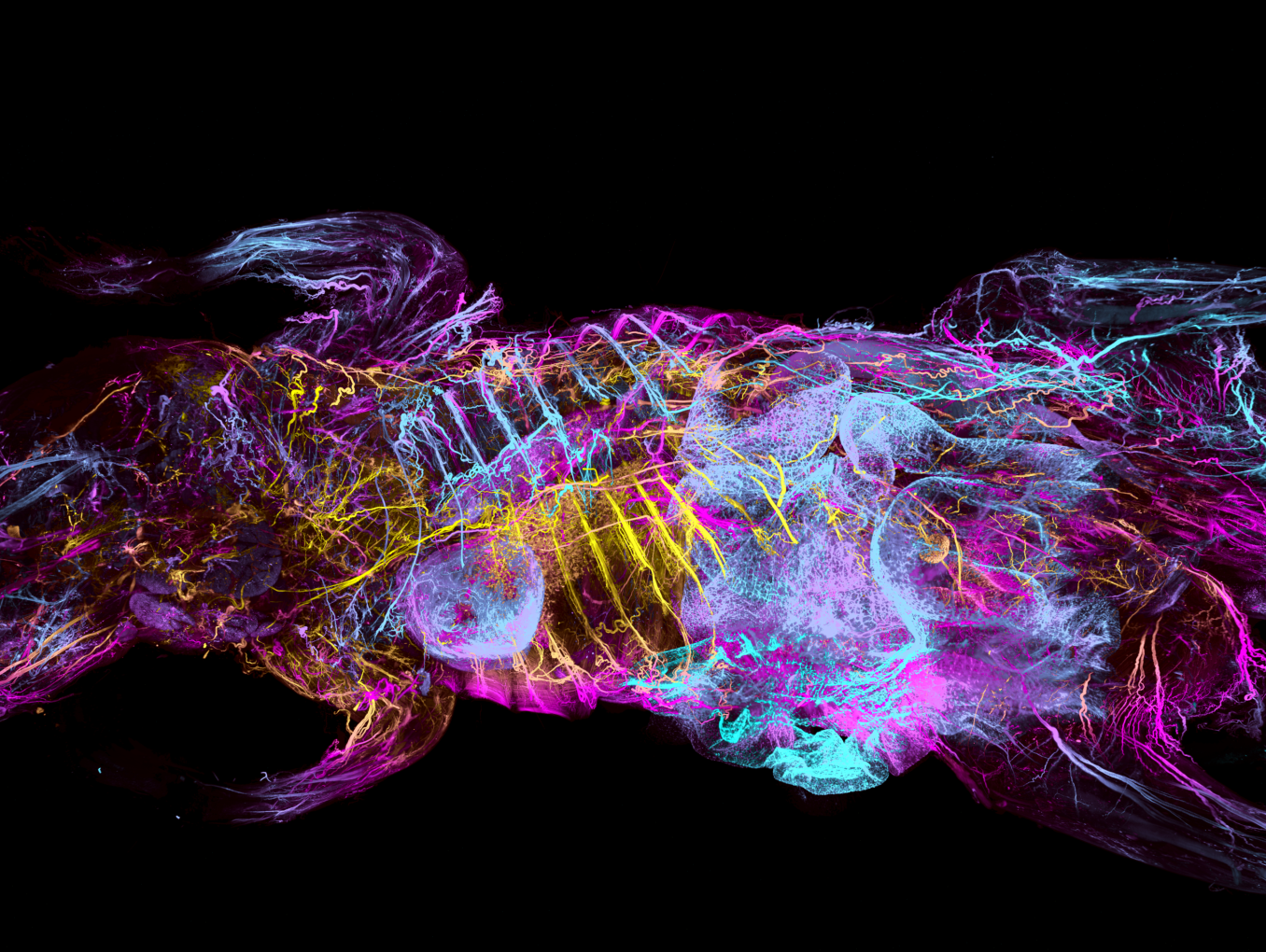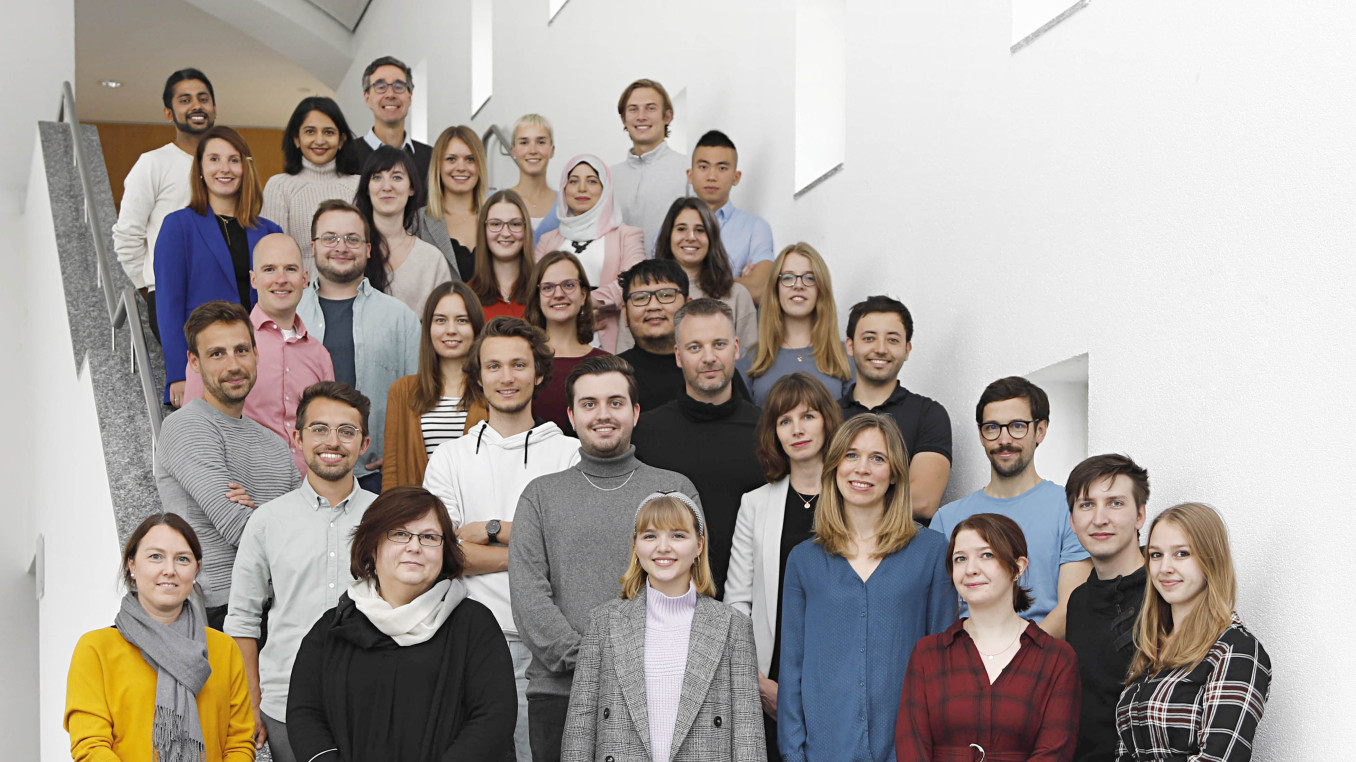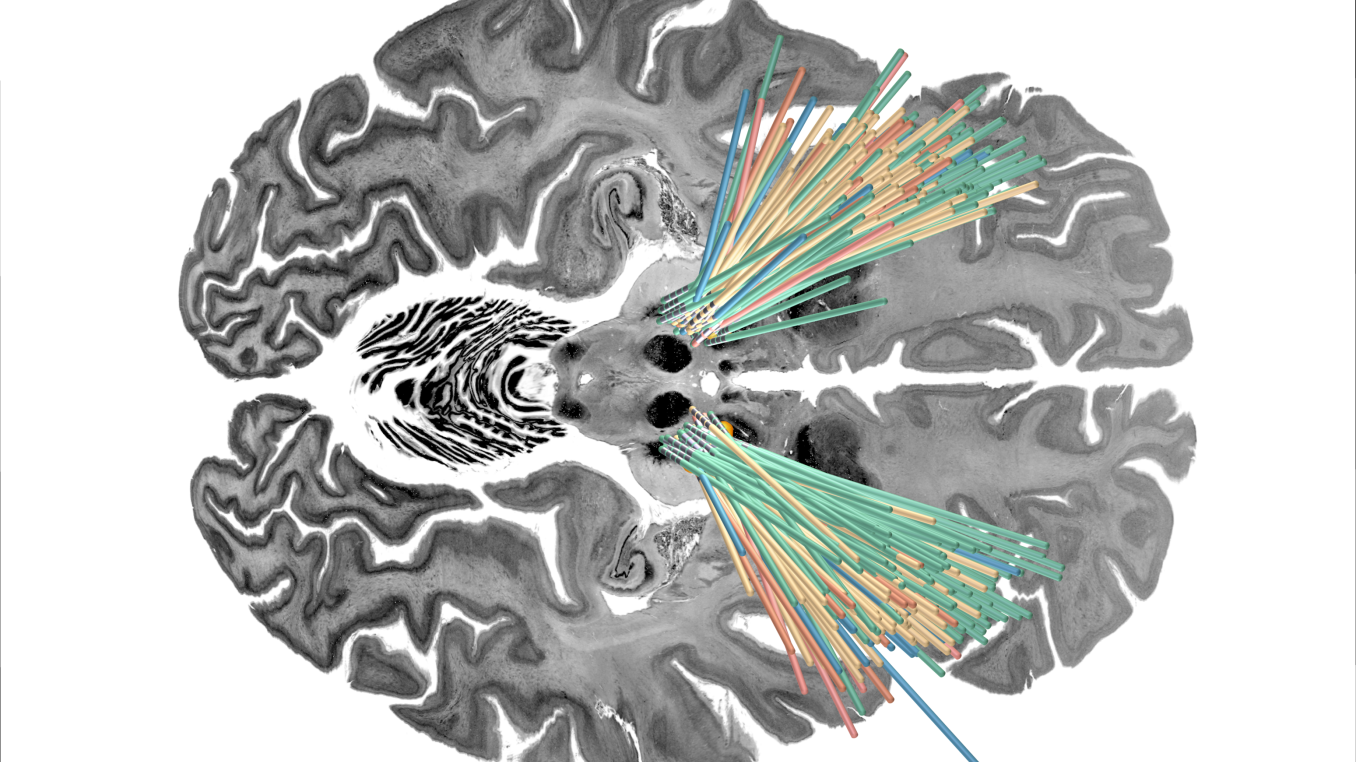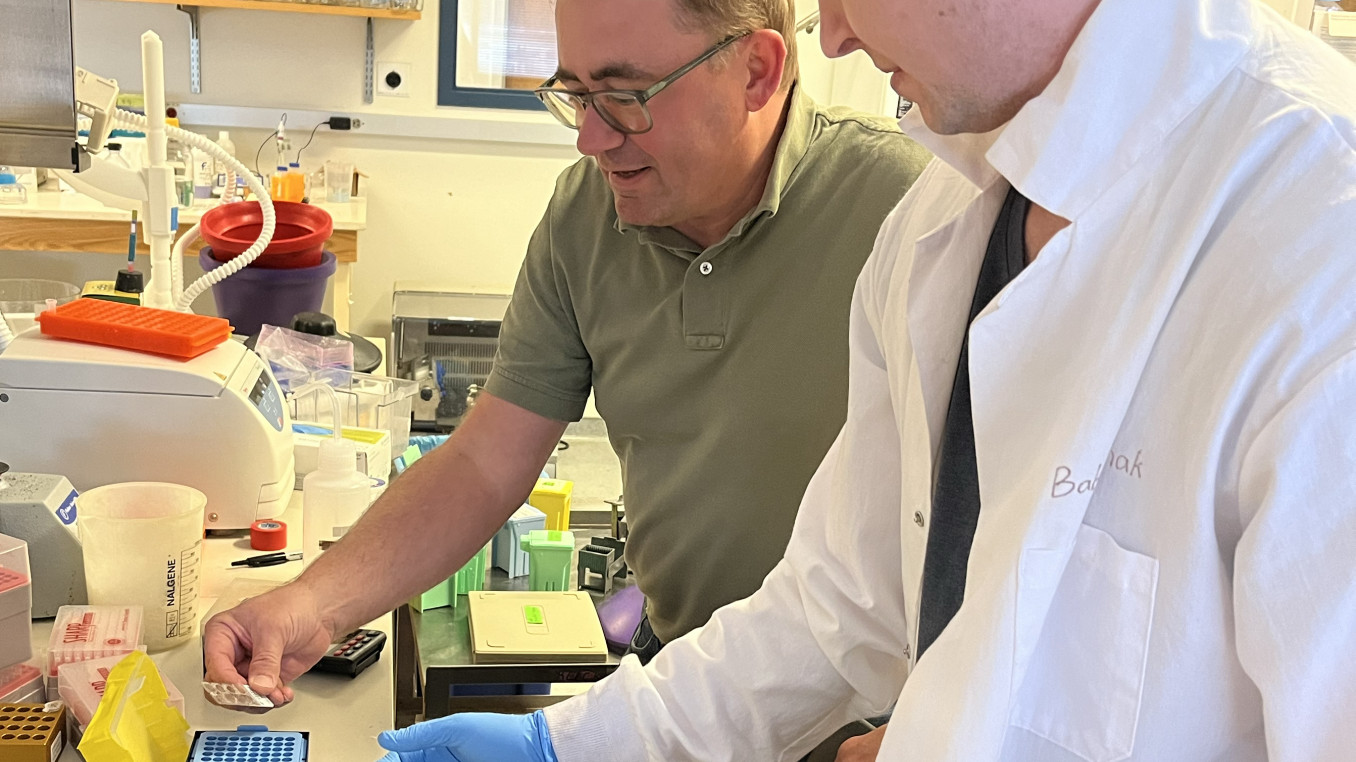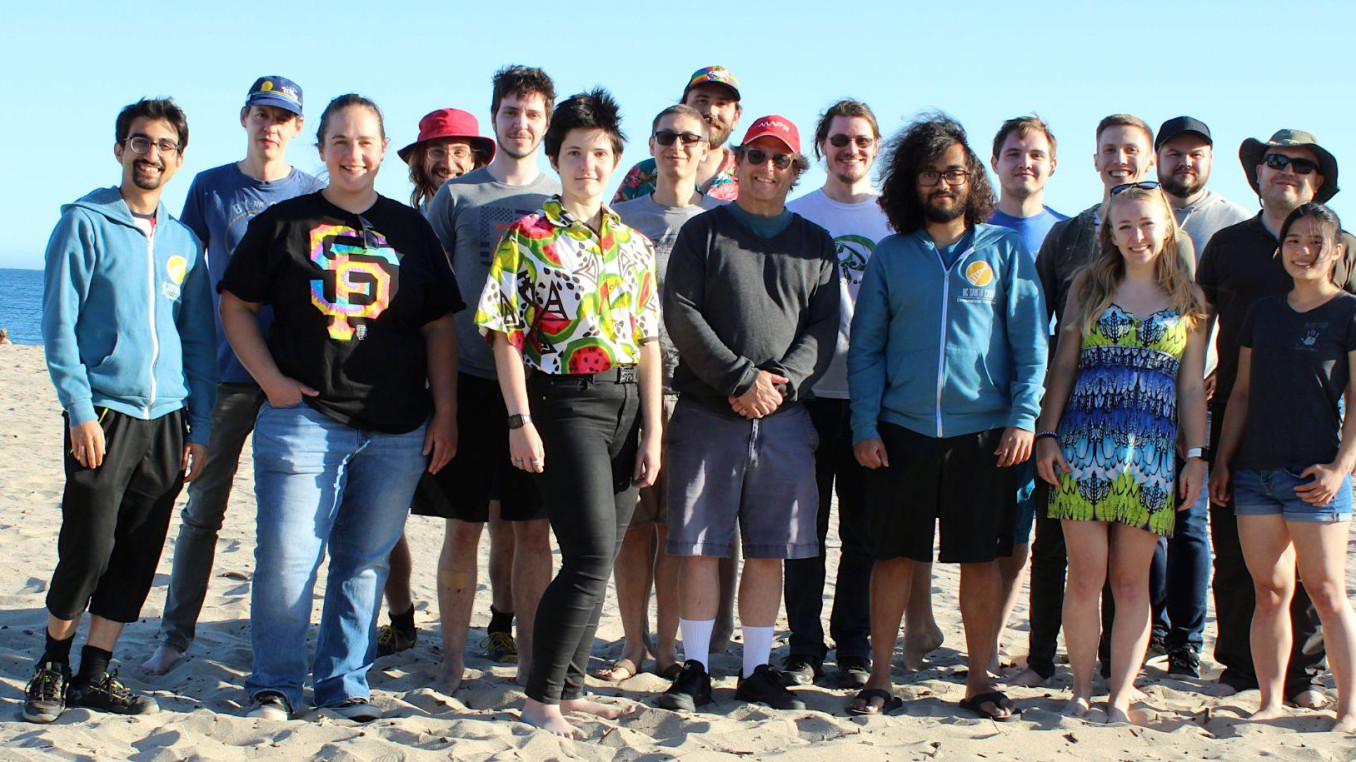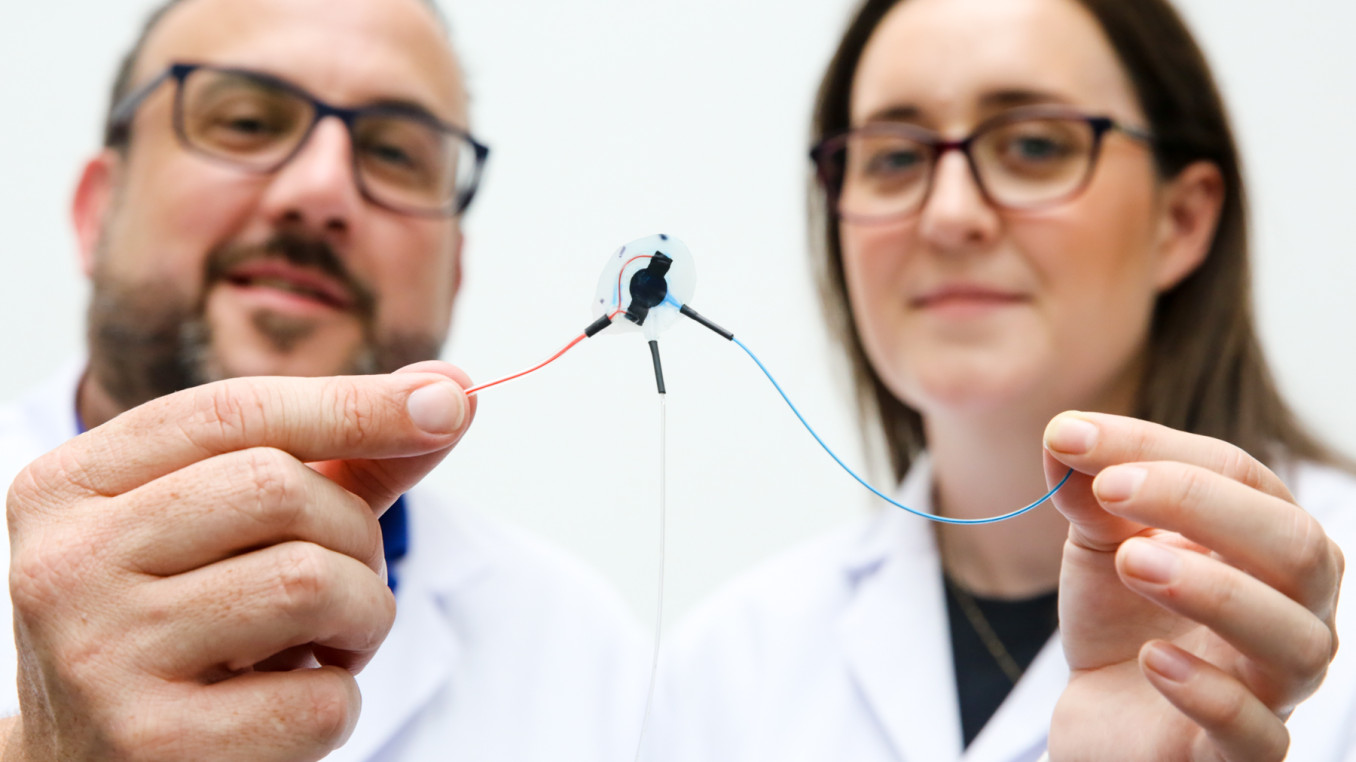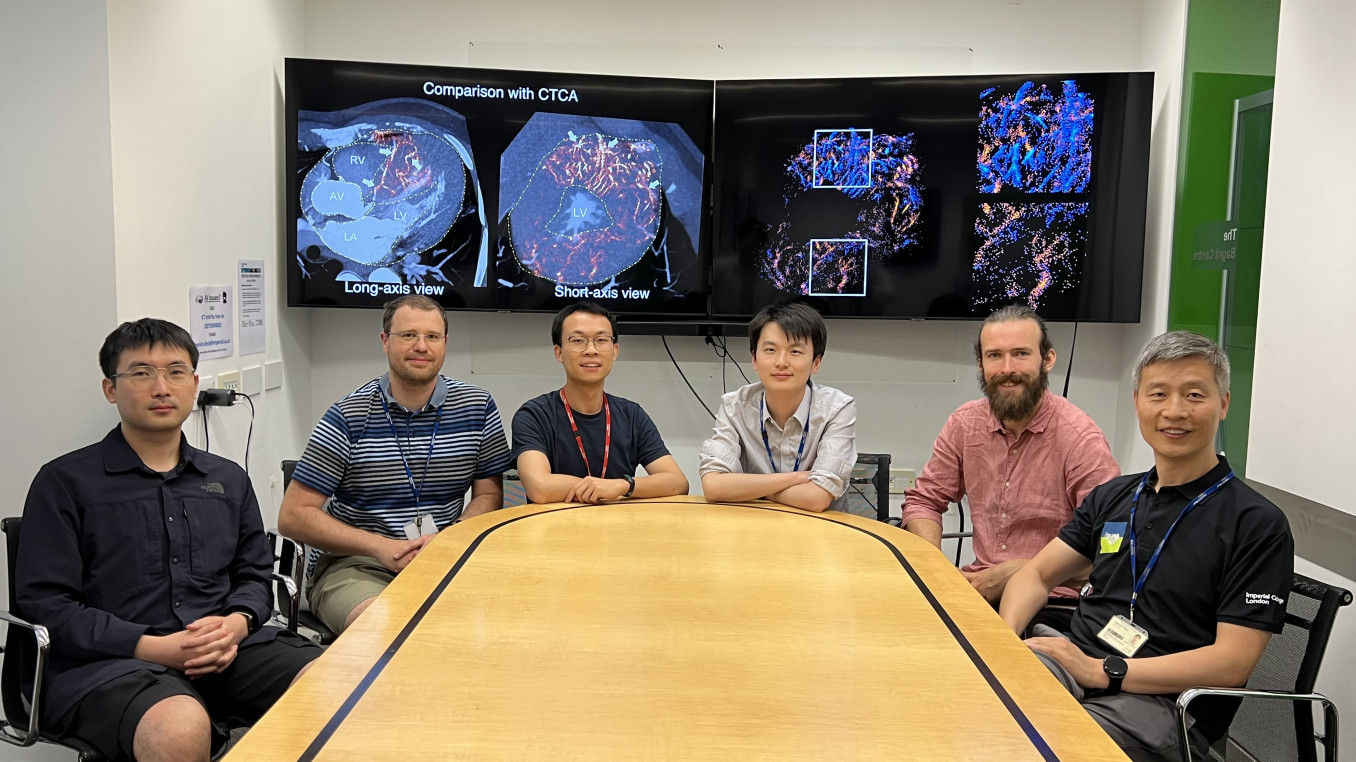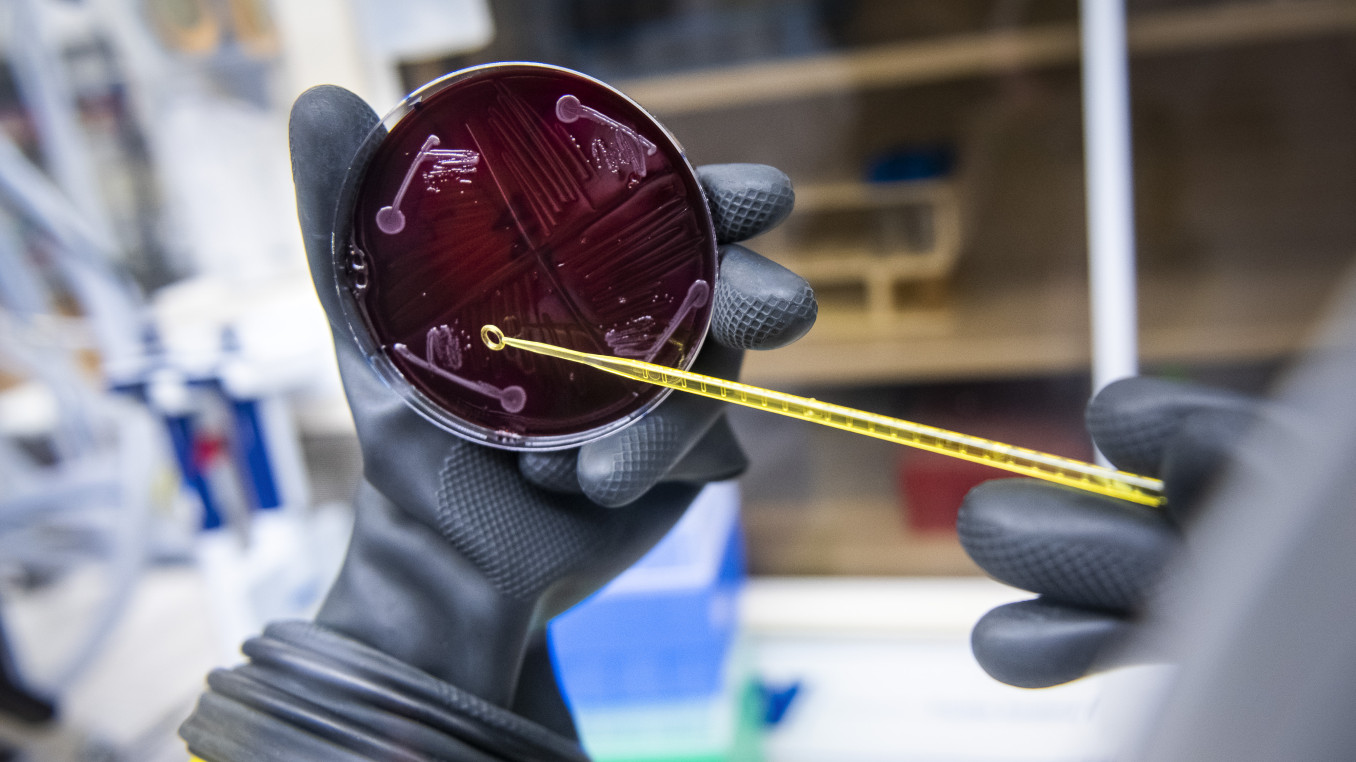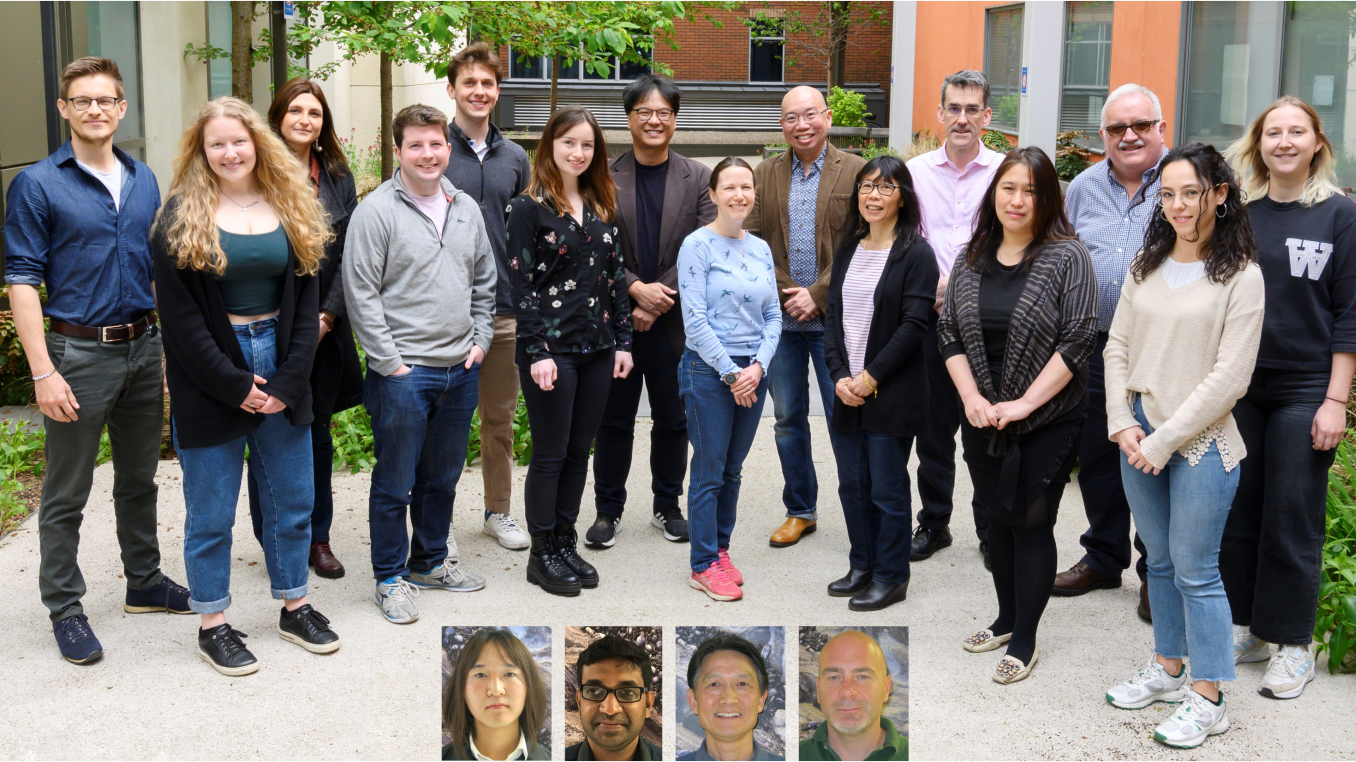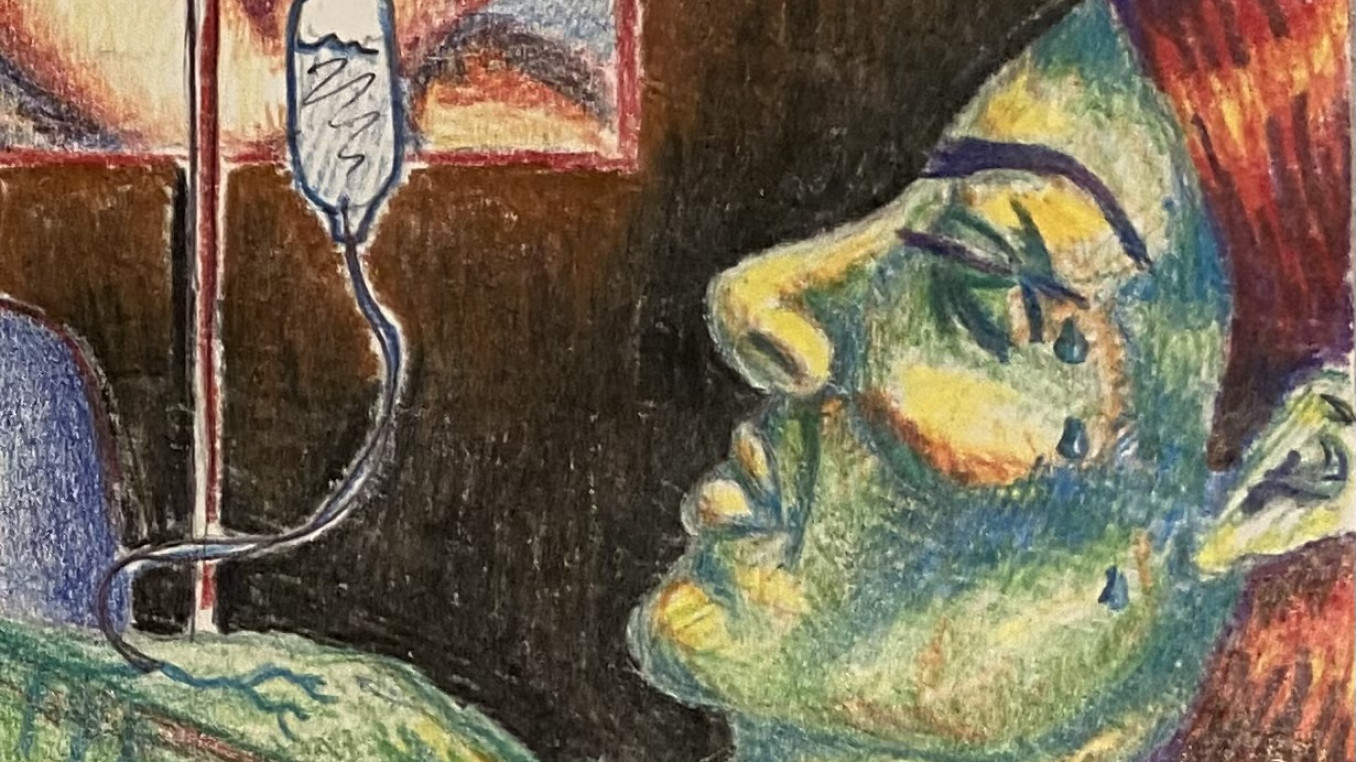Transforming Research with AI: Ali Ertürk's Vision for Ethical and Efficient Life Sciences
Breaking the Wall of Animal Research with AI
Winner Interview 2024: Life Sciences
Ali Ertürk is revolutionizing biological research by integrating advanced tissue clearing techniques with artificial intelligence. His innovative approach enhances data quality, reduces reliance on animal testing, and accelerates research through high-resolution imaging and AI-driven analysis. Ertürk's work aims to deepen disease understanding, revolutionize drug development, and pioneer in silico biology, paving the way for more ethical, efficient, and comprehensive life sciences research.
Which wall does your research or project break?
Ali Ertürk's research, "Breaking the Wall of Animal Research with AI," aims to overcome the fundamental limitations of traditional animal research in life sciences. Current biological studies often rely heavily on animal experiments, which present significant ethical concerns, limited data extraction, time and cost constraints, and scalability issues. Ertürk's innovative approach combines advanced tissue clearing techniques with artificial intelligence to visualize and analyze large biological tissues at the cellular level. This groundbreaking method addresses these limitations by reducing animal use, enhancing data quality and quantity, accelerating research, and enabling in silico modeling. By extracting more data from fewer experiments, the need for extensive animal testing is significantly decreased.
The technology allows for comprehensive, high-resolution imaging of entire organs and bodies, providing unprecedented detail and scope. AI-driven analysis of the extensive data sets can speed up disease investigation and drug development processes. The ultimate goal is to train AI algorithms on the unique, large-scale data to create accurate digital simulations of biological systems, potentially replacing many animal studies entirely. By breaking the wall between traditional animal research and advanced digital technologies, Ertürk's work paves the way for a more ethical, efficient, and comprehensive approach to life sciences research, promising to accelerate scientific discoveries while addressing longstanding ethical concerns in biological experimentation.
What are the three main goals of your research or project?
Ali Ertürk's research focuses on three main goals:
1. Advancing Disease Understanding and Diagnosis: Ertürk aims to deepen our comprehension of disease mechanisms through advanced tissue clearing and 3D imaging technologies. These methods enable visualization of biological tissues at the cellular level, offering unprecedented insights into the progression of diseases like cancer and neurodegenerative conditions. By studying entire mouse bodies and human organs, his team uncovers complex interactions and identifies early biomarkers, facilitating earlier and more accurate diagnoses.
2. Revolutionizing Drug Development: Ertürk's second goal is to transform drug development processes by integrating artificial intelligence with cutting-edge imaging technologies. At Deep Piction, his team leverages AI to analyze vast amounts of imaging data, identifying potential drug candidates and optimizing their delivery. This approach accelerates drug discovery timelines and enhances the precision and efficacy of therapeutic interventions, while reducing reliance on traditional animal models.
3. Pioneering In Silico Biology: Ertürk's final goal is to pioneer in silico biology, replacing animal experimentation with digital simulations based on high-resolution imaging data. By creating detailed 3D maps of entire organisms and their cellular interactions, his team aims to simulate biological processes and disease progression in virtual environments. This shift towards digital biology minimizes ethical concerns associated with animal testing and allows for more extensive and controlled experimentation, potentially leading to more rapid scientific discoveries and personalized medicine.
These interconnected goals drive Ertürk's vision to revolutionize biomedical science, making medical research more ethical, efficient, and tailored to individual needs.
What advice would you give to young scientists or students interested in pursuing a career in research, or to your younger self starting in science?
First and foremost, seek out good mentors who can provide invaluable guidance, support, and insight. These mentors will help you navigate the complexities of your career and avoid common pitfalls. I cannot stress enough the importance of developing strong communication skills. The ability to present your research clearly and concisely, both in writing and verbally, is crucial for sharing your work, attracting collaborators, and receiving constructive feedback.
Embrace teamwork by carefully choosing a research group where collaboration, mentorship, and friendship are valued. A supportive and collaborative atmosphere can significantly enhance your productivity, foster creativity, and make your work more enjoyable. Find joy in what you do by creating or choosing an environment that you find stimulating and fulfilling.
I encourage you to be courageous in your research endeavors. Don't hesitate to take risks and innovate. Sometimes, breaking away from conventional approaches and pushing boundaries is necessary for significant breakthroughs. Science is about breaking walls, so be persistent in pursuing what you believe is exciting and important.
Strive for continuous self-improvement, not just in your scientific skills, but also in personal development. Hone your presentation skills, learn to network effectively, and enhance your ability to work in teams. These soft skills are often as important as your technical expertise in building a successful career.
Lastly, enjoy what you're doing. This passion, combined with a supportive environment and continuous self-improvement, will enable you to flourish and make significant contributions to your field. Science is not just about the destination; it's about the exciting path of discovery and growth along the way.
What inspired you to be in the profession you are today?
My curiosity to understand the complexity of the brain and the whole body, and how this intricate machinery works and fails, drove me to pursue this profession.
What impact does your research or project have on society?
My research significantly enhances the understanding of diseases with detailed imaging technologies and accelerates drug development through AI, reducing the need for animal testing.
What is one surprising fact about your research or project that people might not know?
Examining entire mammalian bodies at the cellular level reveals unexpected information, such as how brain diseases affect the entire nervous system or how smoking impacts the whole body, not just the lungs.
What’s the most exciting moment you've experienced over the course of your research or project?
Seeing entire mouse bodies and human organs rendered transparent in the lab, allowing us to scan them in unprecedented detail, was a thrilling achievement that opened up new research avenues.
Further Research on High Resolution Imaging, 3D Omics and AI-based analysis:
Deep Learning Reveals Cancer Metastasis and Therapeutic Antibody Targeting in the Entire Body
Cellular and Molecular Probing of Intact Human Organs
Spatial Proteomics in Three-dimensional Intact Specimens
Distinct Molecular Profiles of Skull Bone Marrow in Health and Neurological Disorders
Whole-body Cellular Mapping in Mouse Using Standard IgG Antibodies
